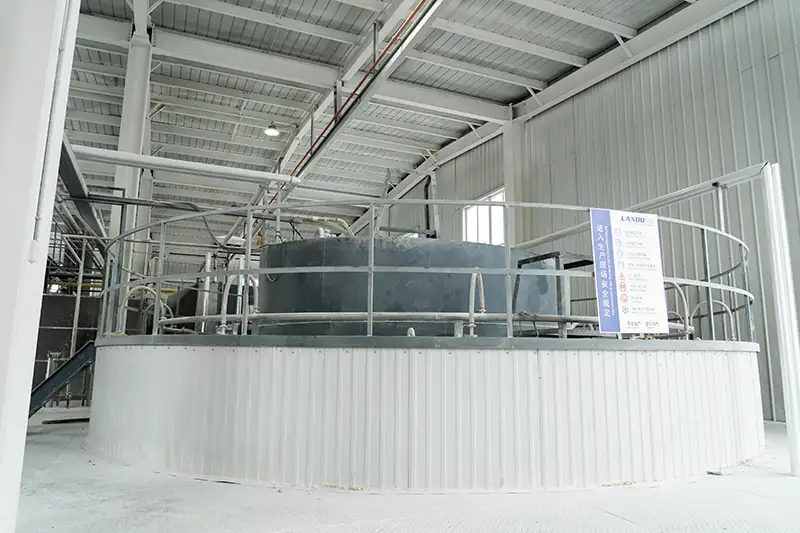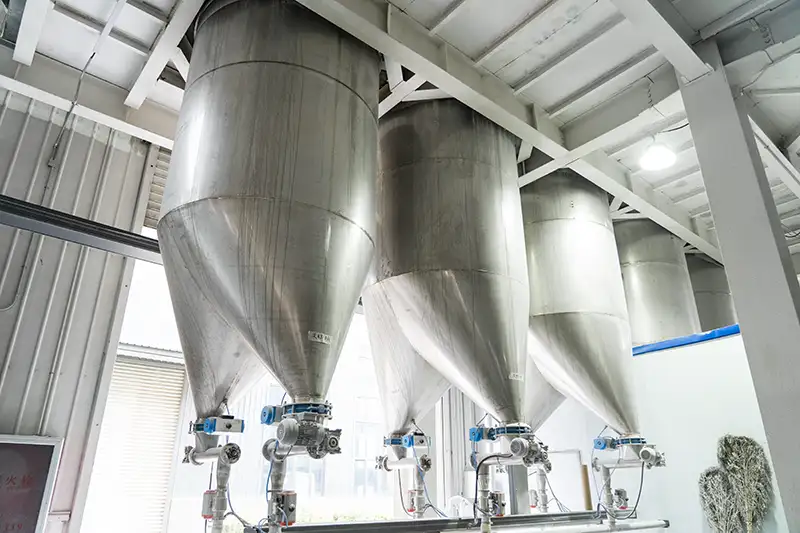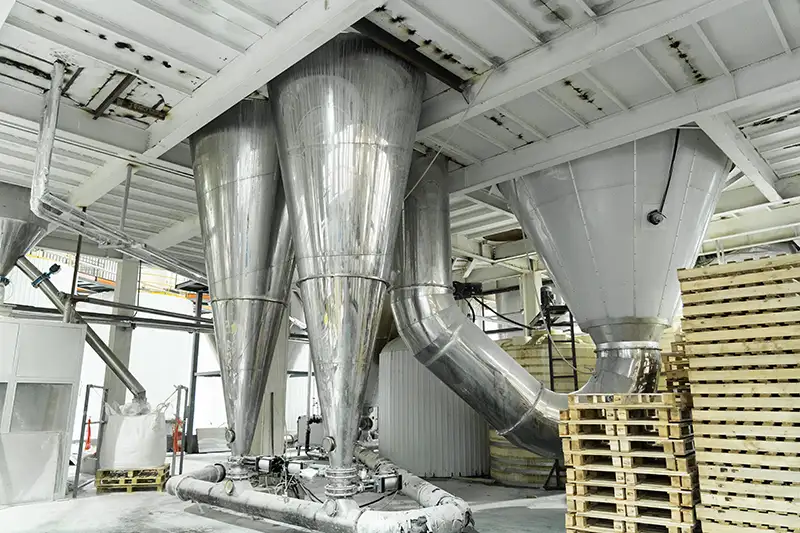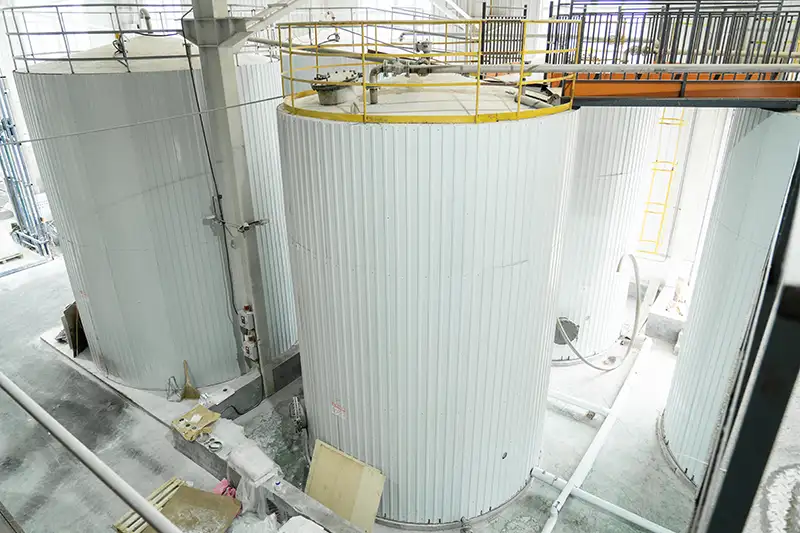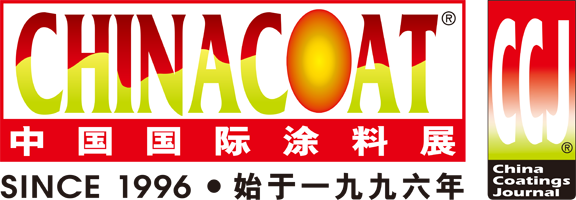As an important material used to paste tiles in building construction, the performance of tile adhesive has a direct impact on the construction effect and quality of the project. HPMC (Hydroxypropyl Methyl Cellulose) as a key ingredient in tile adhesive, plays a vital role in water retention and thickening. When choosing HPMC for tile adhesive, there are several key factors that need to be carefully considered. These factors will directly affect the performance and construction effect of the tile adhesive. This article takes you through the seven important things you need to know when buying HPMC.
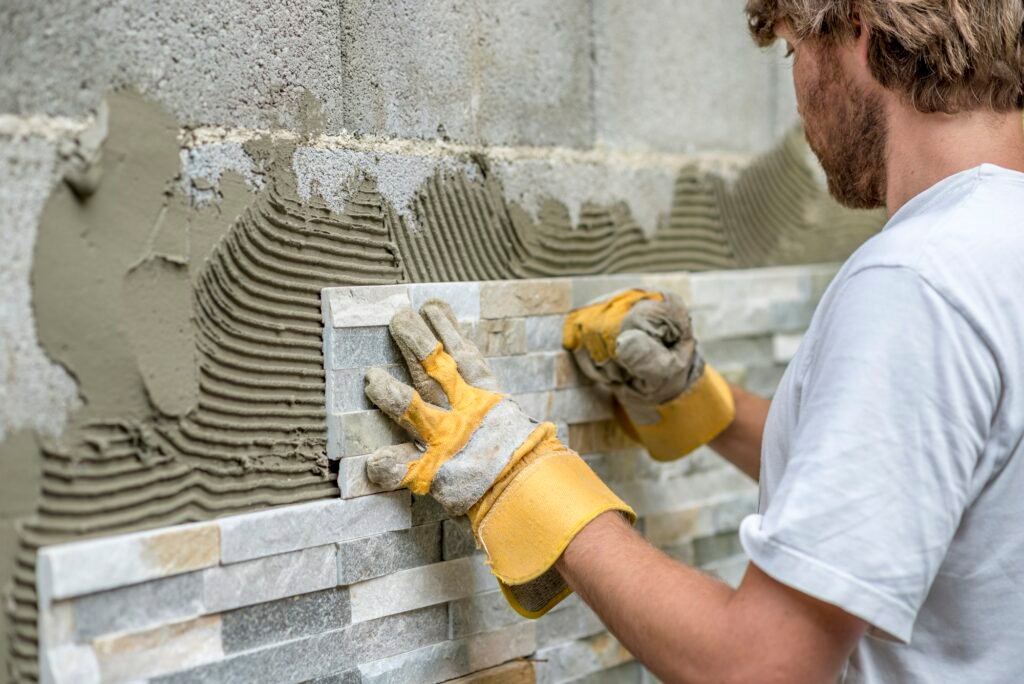
1. Quality and purity
The quality and purity of HPMC is the primary consideration when choosing a product. High-quality HPMC can significantly improve the adhesion, water retention and crack resistance of tile adhesives, thus ensuring construction results and durability. You can evaluate the quality of the product by looking at its technical parameters, quality certification and user reviews. High-purity HPMC means that it contains few impurities and is chemically stable to provide consistent performance. Conversely, poor-quality HPMC may contain impurities that affect the homogeneity and performance of the mixture.
2. Viscosity
The viscosity of HPMC directly affects the performance of tile adhesive. Viscosity is usually expressed in mPa.s, and different brands and models of HPMC have different viscosity grades. For tile adhesives, the commonly used viscosity range is between 40,000 and 60,000 mPa.s. The higher the viscosity, the better the water retention. The higher the viscosity, the better the water retention and slip resistance, but it also affects the ease of mixing and application. Higher-viscosity HPMC provides better water retention and anti-slip properties, making the tiles less likely to slide during construction and improving work efficiency and construction quality.
3. Solubility
The solubility of HPMC is another key factor. High-quality HPMC should be able to dissolve quickly in cold water without lumps, which is very important for construction efficiency. Poor-solubility HPMC is prone to lumping when mixing, affecting the homogeneity of the mixture, and thus affecting the construction effect. Good solubility ensures that HPMC is completely dispersed in water, ensuring that the tile adhesive can be evenly applied to tiles and substrates during use, providing consistent bond strength.
4. Water retention
The water retention property of HPMC directly affects the working time and bonding strength of tile adhesive. Good water retention can extend the open time of the tile adhesive, that is, the time the adhesive remains wet before pasting tiles, thus improving the flexibility and efficiency of construction. HPMC with good water retention can prevent water from evaporating quickly, ensuring that the tile adhesive has enough time to be positioned and adjusted to improve the bonding strength and construction effect.
5. Slip resistance
For wall tile adhesive, slip resistance property is crucial. Slip resistance refers to the ability of tile adhesive to prevent tiles from sliding during the adhesive process. Especially in wall construction, HPMC with good slip resistance performance can significantly improve the slip resistance performance of the tile adhesive, ensuring that the tiles can be firmly positioned and will not slide after pasting. Slip resistance is especially important in high-humidity or high-temperature environments, where tile adhesives are more likely to lose adhesion. Good slip resistance can ensure smooth construction in various environments.
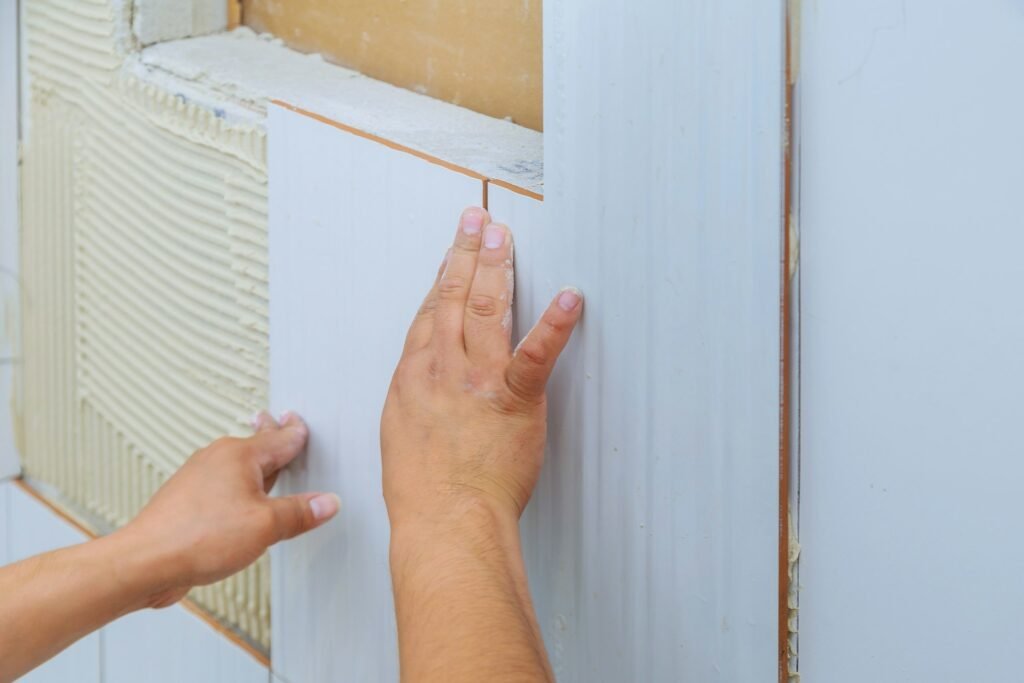
6. Weatherability
The weather resistance of HPMC determines the performance of tile adhesive in different climatic conditions. High-quality HPMC in high temperature, low temperature, humidity changes and other environments can maintain its performance unchanged, to ensure that the tile adhesive in a variety of climatic conditions of the use of the effect. HPMC of good weathering performance can prevent the tile adhesive from cracking or losing adhesion in extreme weather conditions, to ensure the stability and safety of the long-term use of tiles.
7. Supplier reputation
Selecting a reputable supplier is the key to ensuring the quality and stable supply of HPMC. Reliable suppliers usually have a strict quality control system and can provide products that meet the standards. In addition, a good supplier will provide comprehensive after-sales services and technical support, such as instruction and technical consultation, to ensure that you can get timely help and support in the process of use. You can assess a supplier’s credibility by looking at their history, customer feedback, and market reviews.
Conclusion
The relationship between tile adhesives and HPMC is very close. HPMC, as an important additive, significantly improves the water retention, viscosity, slip resistance and bond strength of tile adhesives, as well as their workability and weatherability. Therefore, choosing a high-quality HPMC for tile adhesive is essential to ensure the excellent performance and construction results. When purchasing HPMC, be sure to carefully evaluate each factor to ensure that the product you select meets real-world needs and provides optimal performance.
Your Trusted Cellulose Ether Factory for HPMC Supply
LANDU is a leading cellulose ether manufacturer in China, offering top-quality HPMC, HEMC, and HEC chemicals for various construction applications.
We specialize in providing customized cellulose ether solutions. Our team of seasoned experts can develop products and formulations specifically tailored to your needs. Additionally, our sales team is equipped to offer market analysis and updates on the latest trends in the cellulose ether market. We are dedicated to fostering long-term growth for both our clients and our company.
Reach out to LANDU today to discover how we can improve your construction projects!
